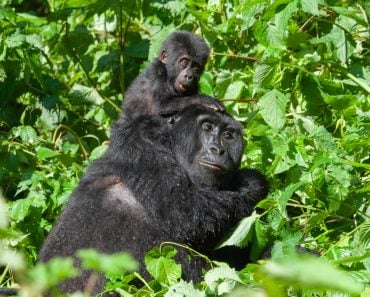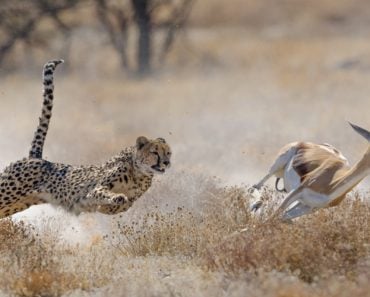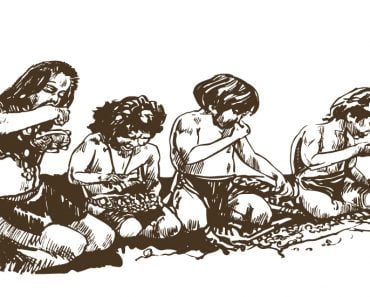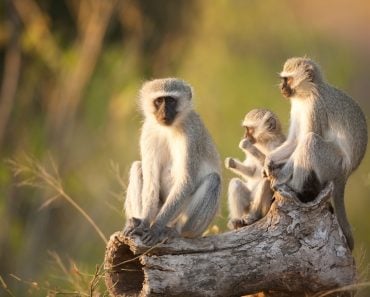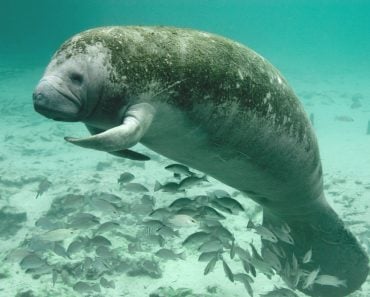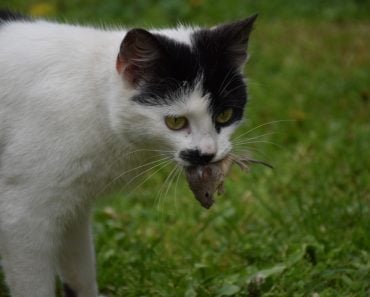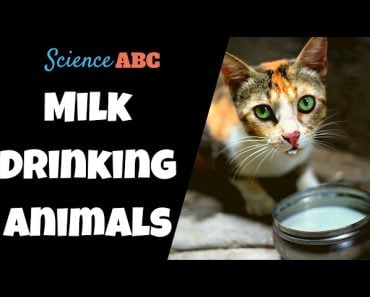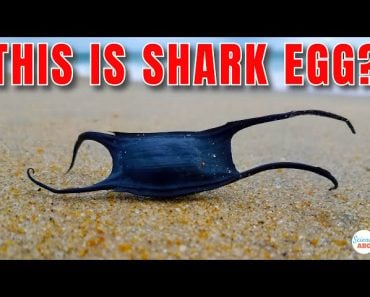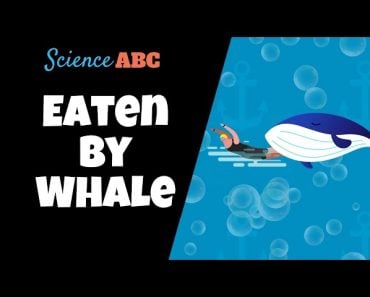It is believed that animals kill and eat their own young in order to satisfy their energy and nutritional requirements, make themselves more attractive to potential mates, or get rid of offspring that are sick or take too long to mature.
When I first heard about this crazy – yet fairly common – phenomenon of the animal kingdom, I couldn’t believe it. I mean, what could be more cruel than a mother eating her own babies?
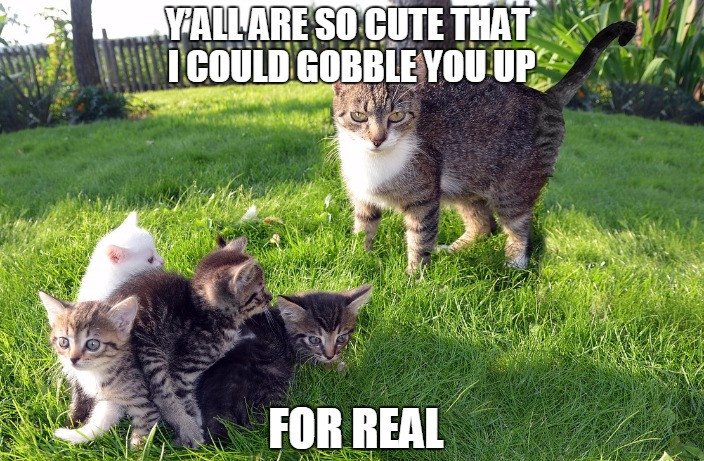
As weird and shocking as it may sound, it does happen – and not that infrequently… but why?
Recommended Video for you:
Filial Infanticide And Cannibalism
Cannibalism is common. Almost all animals eat their kind, whether that’s their children, their brothers and sisters, or just another of their species. Mammals, birds, fish, reptiles, and insects are all cannibals at some point.
Primates are cannibals, too, and humans, being primates, do have a history of cannibalistic behavior. We like to harp about our “uniqueness” and “superiority” over the rest of nature, but this is not one of those cases. There are cases of cannibalism involved in rituals, as noted in tribes in Papua New Guinea. More recently, cannibalism emerged during times of strife and nutritional scarcity, as in the Soviet Union during Stalin’s rule and in colonial America.
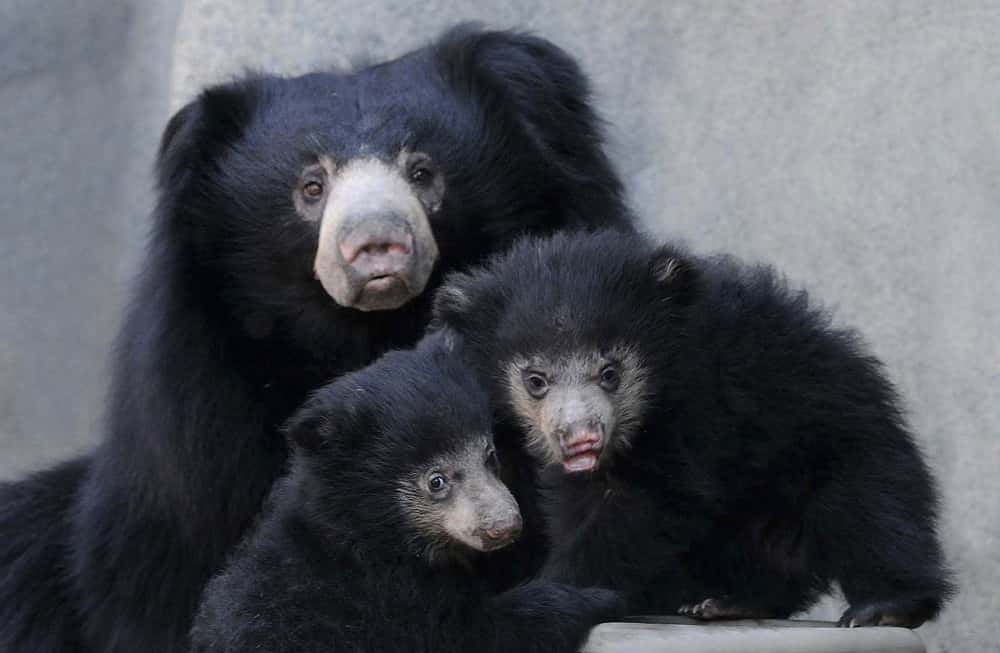
As shocking and downright gruesome as it may sound, killing your own babies to acquire physical and ecological advantages is fairly common in the animal kingdom.
“It’s one of the less pleasant aspects of nature, something humans don’t like to think about,” says Douglas W. Mock, a biology professor at the University of Oklahoma to the PBS NewsHour. “We assume that other species look at offspring the same way that we look at offspring; to us, it seems as if infanticide must be some sick kind of thing, but it isn’t necessarily.”
Keeping this in mind, let’s take a look at some of the most popular hypotheses as to why certain animals kill their young ones…
To Satisfy Their Energy And Nutritional Requirements
When female animals give birth, they must start nursing and care for their newborns, something they can only do if they are already well-nourished and healthy.
The cichlid fish Astatotilapia burtoni is an interesting case. After giving them, she lays her eggs, and the mother scoops her eggs into her mouth to keep their eggs safe. Research by Jake Sawecki and Peter Dijkstra found that in the process of protecting her eggs, she also eats them. She eats an astonishing 3/4th of her young, hatched and unhatched combined. By eating some of her young (and changing her metabolism), the mother cichlid fish can manage the cost of reproduction. Other fish species do this, too.
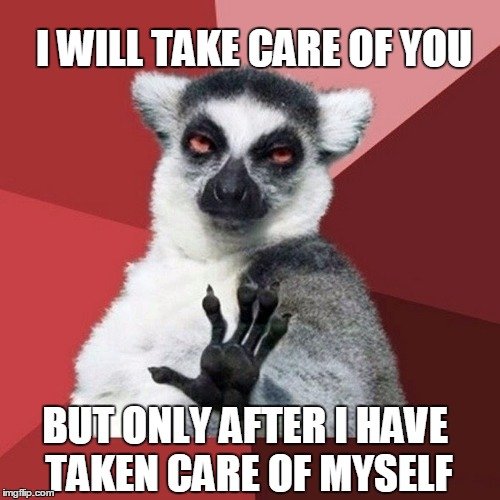
Bears also eat their kind. One adult might eat another adult, as seen in (Asiatic black bears), an adult might eat a child (American black bears, polar bears, brown bears), and some adults are seen scavenging on already dead bears. Researchers think that most of these cases are motivated by meeting nutritional needs.
The National Geographic reported a mother sloth bear in the zoo eating her children. The zoo staff thought that the children were unwell—the one child the zoo was able to save was positive for an infection—which is why the mother ate her cubs. In the wild, unwell cubs wouldn’t survive, and in a resource-scarce environment, the mother cannot afford to pass over the nutrition.
To Gain Reproductive Opportunities
In some animal species, the new males in a pack kill babies of the previously mating male to be able to mate with the females of the group.
Male lions are quite well known for engaging in this sort of infanticide. The survival of cubs in a lion’s pride depends almost entirely on one or two adult males who father these cubs with female group members. If an adult male lion (an outsider to the pride) defeats or somehow ousts the fathers of these cubs, the new male of the pride will kill the young ones of the pride, especially those that the female lions are nursing.
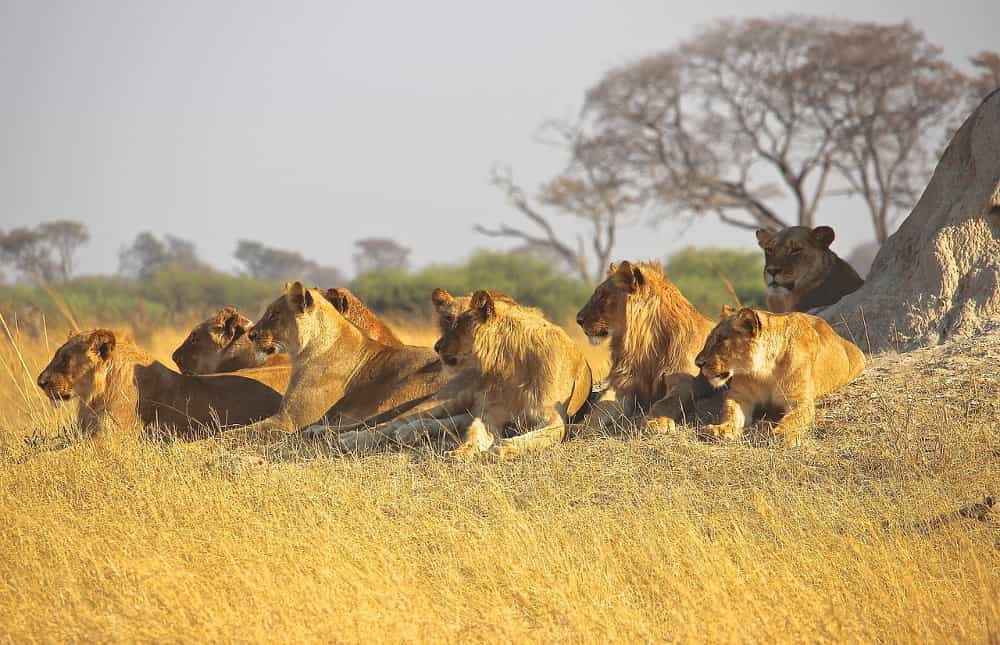
Consequently, the female lions become fertile again and mate with the same male lion who killed their cubs. Killing the existing young of the pride also eliminates any competition from young males in the future.
Scientists have seen infanticide in chimpanzees, North American red squirrels, bottlenose dolphins, and killer whales. There are accounts that chimpanzees do sometimes partially consume the young they’ve killed.
Where the above male mammals killed unrelated young to make the female fertile once more, the male blenniid fish Rhabdoblennius nitidus eats some of his young to become fertile. The presence of eggs lowers the level of androgens (male hormone) in the fish, which prevents the males from mating.
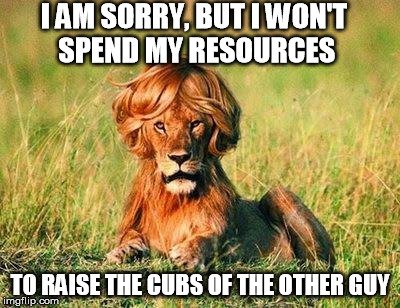
Male bottlenose dolphins do pretty much the same thing. If he sees a new, unknown female dolphin with a young calf, he will do his best to kill it as soon as possible.
To Get Rid Of Offspring Who Don’t Mature Quickly
In a paper published in 2008, researchers Hope Klug and Kai observed that male goby fish who had mated with two females, ate the larger eggs of the second female since larger eggs took longer to mature and hatch. They proposed that the males do this to be able to re-enter the mating pool since they have to spend less time taking care of their brood.
To Eliminate Competition For Their Babies
Although males are more commonly known to kill off the young ones in a group, female animals also have a murderous streak. For instance, birds and bees living in a joint-nesting social structure are often seen killing the eggs of a co-breeder so that their eggs have less competition for the limited resources at their disposal.
Some female fish raid and eat the eggs inside the nests of male fish to increase their mating opportunities.
Last Updated By: Salama Yusuf
References (click to expand)
- Infanticide in Primates.
- Várdy, Steven Béla, and Agnes Huszár Várdy. “Cannibalism in Stalin’s Russia and Mao’s China.” East European Quarterly, vol. 41, no. 2, 2007, pp. 223–38.
- Sawecki, J., & Dijkstra, P. D. (2022, November). Mothers modify the cost of reproduction by dynamic changes in antioxidant function and filial cannibalism. Biology Letters. The Royal Society.
- Kirchhoff, C. A., Wilson, M. L., Mjungu, D. C., Raphael, J., Kamenya, S., & Collins, D. A. (2017, October 26). Infanticide in chimpanzees: Taphonomic case studies from Gombe. American Journal of Physical Anthropology. Wiley.
- Allen, M. L., Krofel, M., Yamazaki, K., Alexander, E. P., & Koike, S. (2022, July 12). Cannibalism in bears. Ursus. Ursus.
- Huang, W.-S. (2008). Predation risk of whole-clutch filial cannibalism in a tropical skink with maternal care. Behavioral Ecology. Oxford University Press (OUP).
- Haines, J. A., Coltman, D. W., Dantzer, B., Gorrell, J. C., Humphries, M. M., Lane, J. E., … Boutin, S. (2018, March 15). Sexually selected infanticide by male red squirrels in advance of a mast year. Ecology. Wiley.
- Patterson, I. A. P., Reid, R. J., Wilson, B., Grellier, K., Ross, H. M., & Thompson, P. M. (1998, July 7). Evidence for infanticide in bottlenose dolphins: an explanation for violent interactions with harbour porpoises?. Proceedings of the Royal Society of London. Series B: Biological Sciences. The Royal Society.


